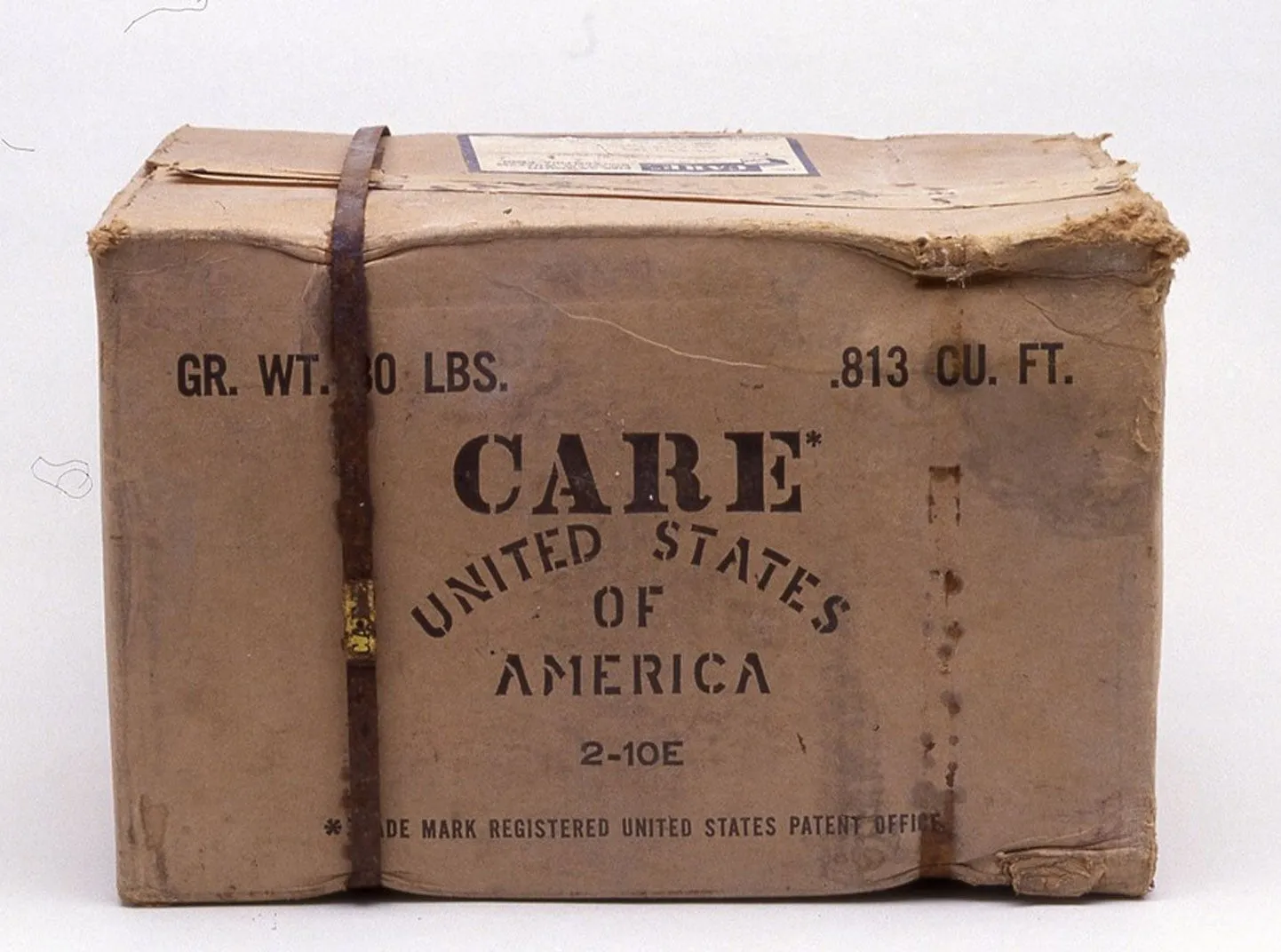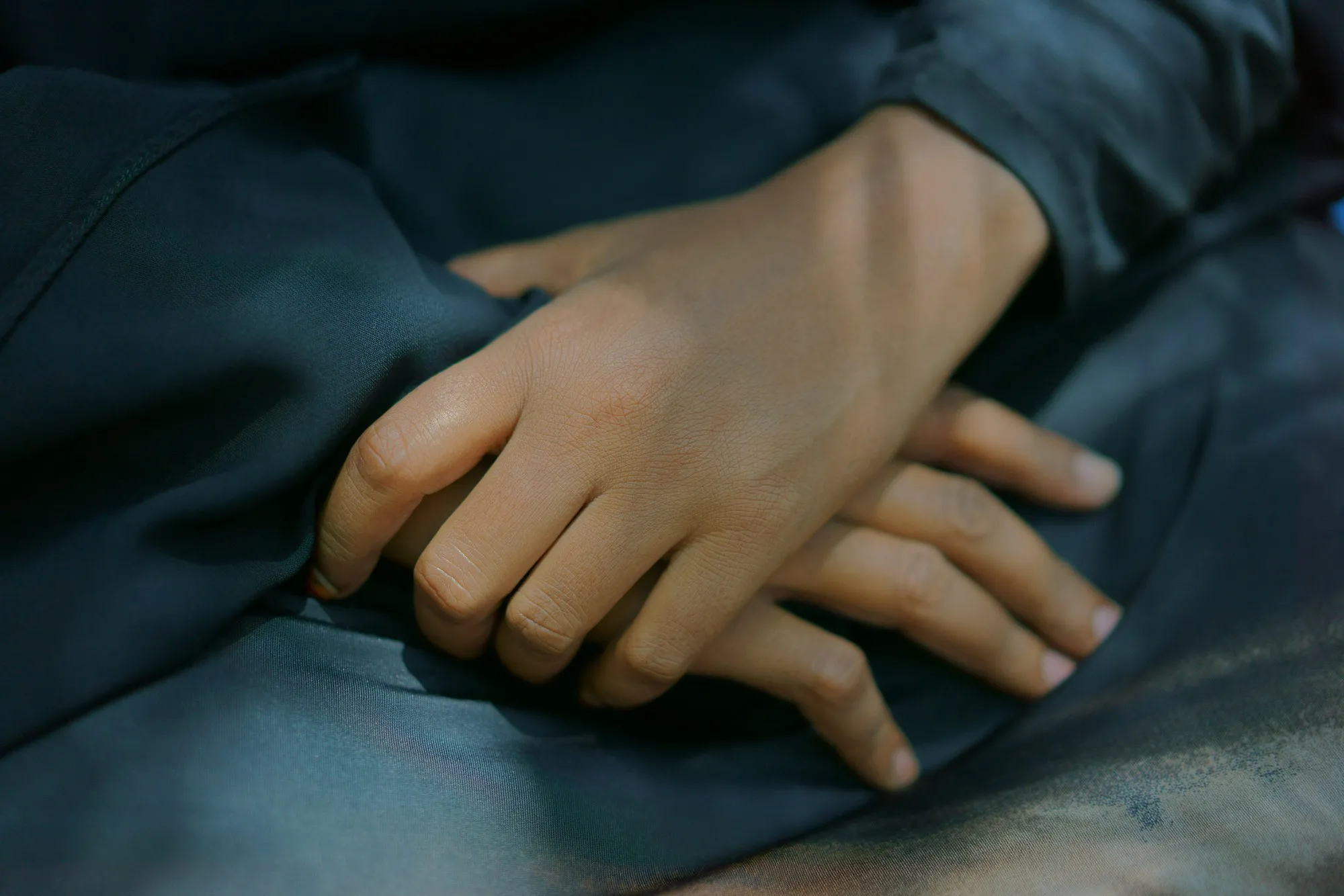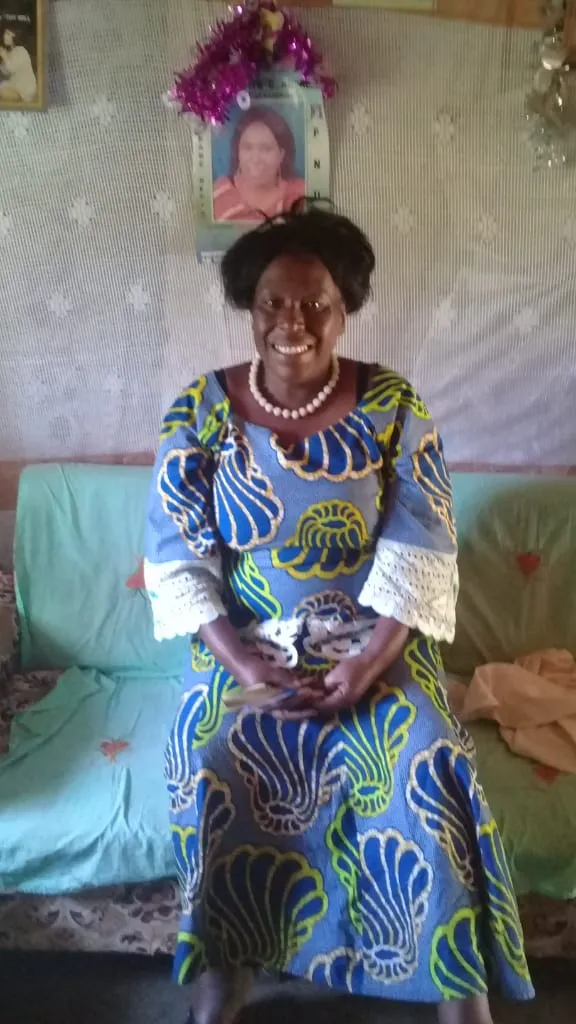Agnes Odhiambo, a senior researcher with Human Rights Watch in Kenya, says the pandemic has resulted in a disturbing increase of violence against women, which also includes domestic violence, sexual abuse, and trafficking. A CARE report indicates that women, girls, and other vulnerable populations are at an increased risk of violence during the pandemic, which may “surge” under quarantine measures or movement restrictions.
In Kenya, the coronavirus has led to more than 500 deaths as of September. For months, a nationwide curfew has been in place, movement between counties restricted, and public gatherings banned. Dorothy Aseyo, a program manager at CARE Kenya, says these conditions make it easier for people to practice FGM/C. Although the country has reopened its borders and lifted the cessation of movement between counties, some ongoing lockdown restrictions such as the dusk-to-dawn curfew remain in place.
“During quarantine, you are in your home and… there is no one to police you. It gives [people] that leeway and that safe haven space, [to] think, ‘No one will catch me.’”
In addition, she says the academic year helps curtail the practice of cutting, as many students most at risk of cutting in Kenya attend boarding schools and schools with safe housing, which offers protective oversight by schools and local administrations. But with school closures due to the pandemic and children being sent home to their families, Dorothy says this puts them at risk.
She adds that security forces like local chiefs are concentrated on enforcing public health protocols during the lockdown. “Their focus is on curfews, no social gatherings in their jurisdictions and this has shifted [attention] from preventing and arresting those undertaking FGM or circumcision.”
Gladys says coronavirus has exacerbated the issue of poverty in her community, where businesses are shut down and people are unable to sell at markets.
Agnes agrees that rising rates of FGM/C during the coronavirus outbreak is a result of increasing poverty.
“The parents think: [our daughters should] get married so we can get those cows [dowry]. The girls are the ones who lose out,” Agnes says.
Typically, when girls undergo FGM/C, they drop out of school to get married, which Gladys opposes. “I’m fighting against FGM/C because I want our girls to go to school. I want them to be lawyers, teachers, nurses, and to work,” she says.
“Although there is coronavirus, I will still try my best.”


